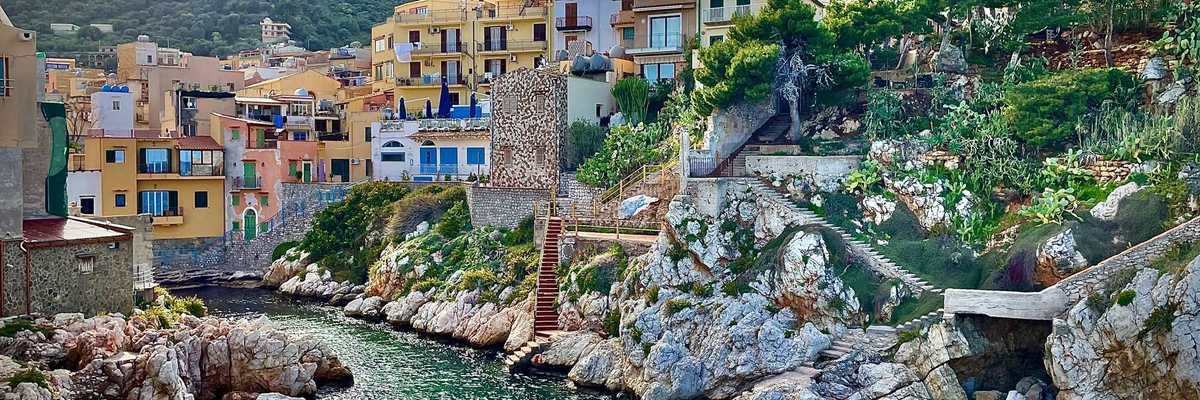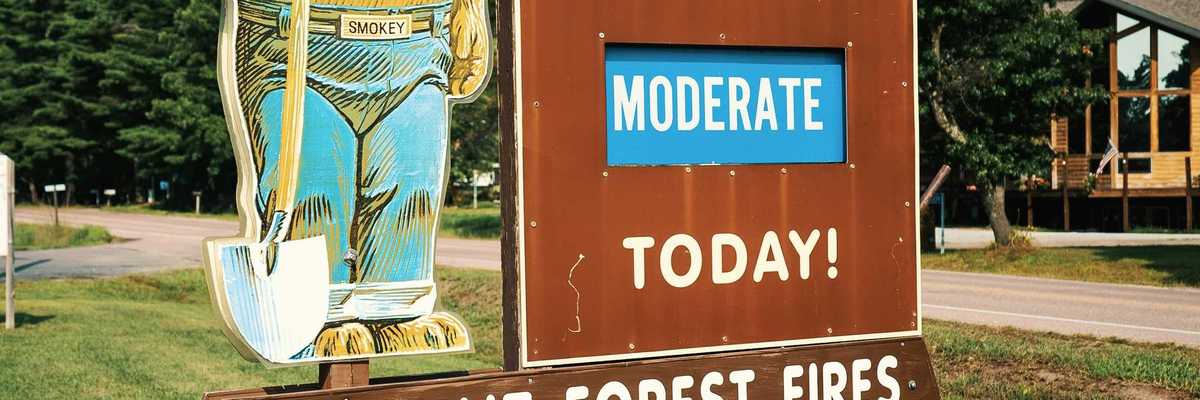coral reefs
Coral reefs that protect Caribbean islands from hurricanes are rapidly declining
Hurricane Beryl, which hit the Caribbean as a Category 4 storm, highlights the crucial role of coral reefs in mitigating storm damage, but these vital ecosystems are disappearing.
In short:
- Coral reefs act as natural barriers, reducing wave energy and preventing flooding in Caribbean nations.
- The area of live corals has decreased by 80% in recent decades due to climate change and human activities.
- Without reefs, the flood risk in the Caribbean and the U.S. would increase significantly, endangering thousands more people.
Key quote:
"Without reefs, annual damages would more than double."
— Authors of the 2018 study "The global flood protection savings provided by coral reefs."
Why this matters:
Coral reefs provide essential protection against hurricanes, but their decline due to climate change weakens this natural defense. Rising ocean temperatures, acidification, and human activities are causing unprecedented rates of coral bleaching and degradation. As these reefs disappear, so too does their ability to protect coastal communities from the ravages of hurricanes.
Hawaii faces an unprecedented challenge as wildfire impacts coral reefs
In the wake of the Lahaina wildfire, scientists and locals grapple with the potential toxic runoff into Maui's coral ecosystems. Audrey McAvoy reports for the Associated Press.
In short:
- The Maui wildfire presents a unique opportunity to study the effects of urban fire runoff on coral reefs, including toxics from burned materials.
- Local residents, deeply connected to the sea for food and recreation, express concerns over the safety of ocean waters and marine life.
- Initiatives are underway for water quality monitoring and environmental protection, emphasizing the need for patience and further research.
Key quote:
“I know a lot of people keep asking, ‘Is the water safe? Can we go out? Is it safe to fish and eat the fish?' We just want to reinforce the message that we know it’s frustrating, but if people can be patient. We’ve never encountered anything like this.”
— Russell Sparks, Maui aquatic biologist at the state Department of Land and Natural Resources
Why this matters:
The Lahaina wildfire and its toxic aftermath presents another scenario of the far-reaching threats that climate change imposes on communities, ecosystems, and public health policies. Chemical fallout, contaminated runoff and ecosystem threats can come from any number of sources.
Pipeline project in Mexico threatens vital coral reefs
A proposed natural gas pipeline off the coast of Veracruz, Mexico, by TC Energy, risks damaging a newly discovered, vibrant marine ecosystem, raising concerns among scientists and local communities.
In short:
- Scientists and activists reveal a thriving coral ecosystem where TC Energy plans to build a pipeline, contradicting the company's claim of only sand existing there.
- The pipeline could disrupt local livelihoods and exacerbate climate change impacts, despite TC Energy's claims of sustainable design.
- Environmental groups, led by Greenpeace, are mobilizing against the project, emphasizing its potential harm to marine life and community welfare.
Key quote:
“They aren’t giving access to enough of the information, and during the operation of the pipeline, there could be accidents that would come with great consequences for the corals and ecosystem.”
— Pablo Ramirez, climate and energy campaigner with Greenpeace Mexico
Why this matters:
This pipeline project not only threatens a significant marine habitat but also highlights the ongoing conflict between fossil fuel infrastructure development and environmental conservation. Its impact extends beyond environmental concerns, affecting local communities and Mexico's broader commitment to combating climate change.
Major pipelines hit legal snags. But it’s business as usual in Texas.
Fire blanketed Lahaina in toxic debris. Where can they put it?
Cryopreserved corals can now have babies
Shade, fog and probiotics: How scientists are trying to protect corals
Hope, but no free pass, as Pacific corals show tolerance to warming oceans
New research suggests that coral reefs in the Pacific islands of Palau are becoming increasingly tolerant to thermal stress brought on by climate change.









